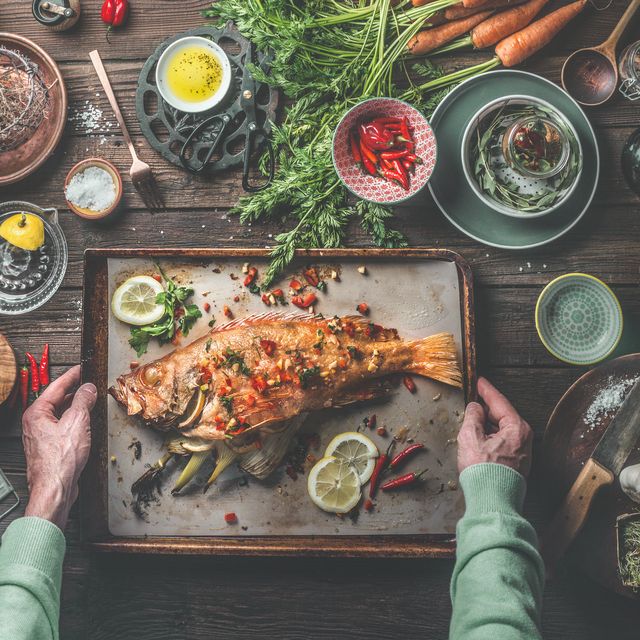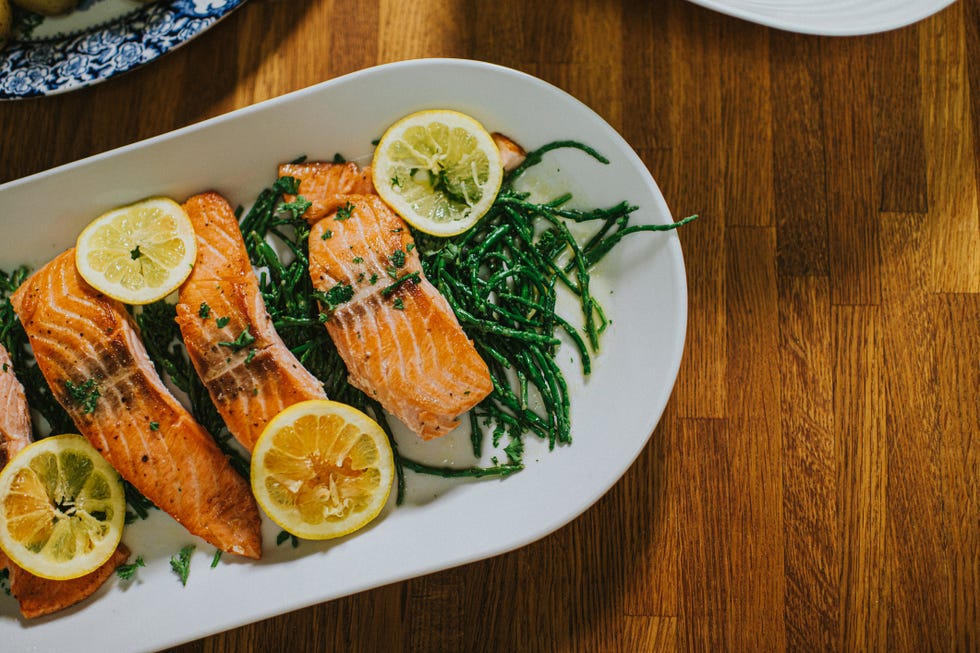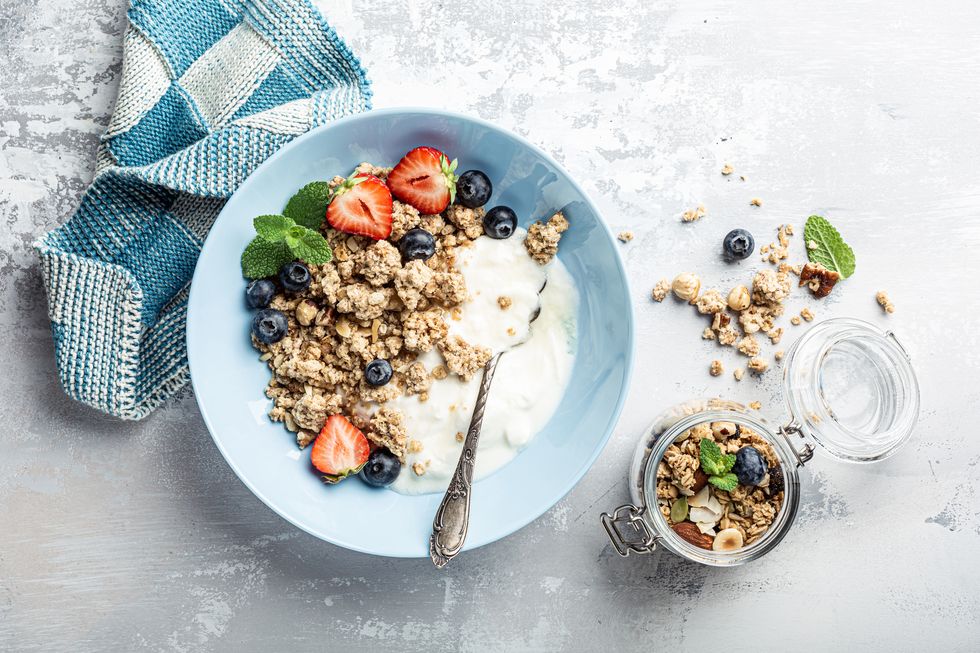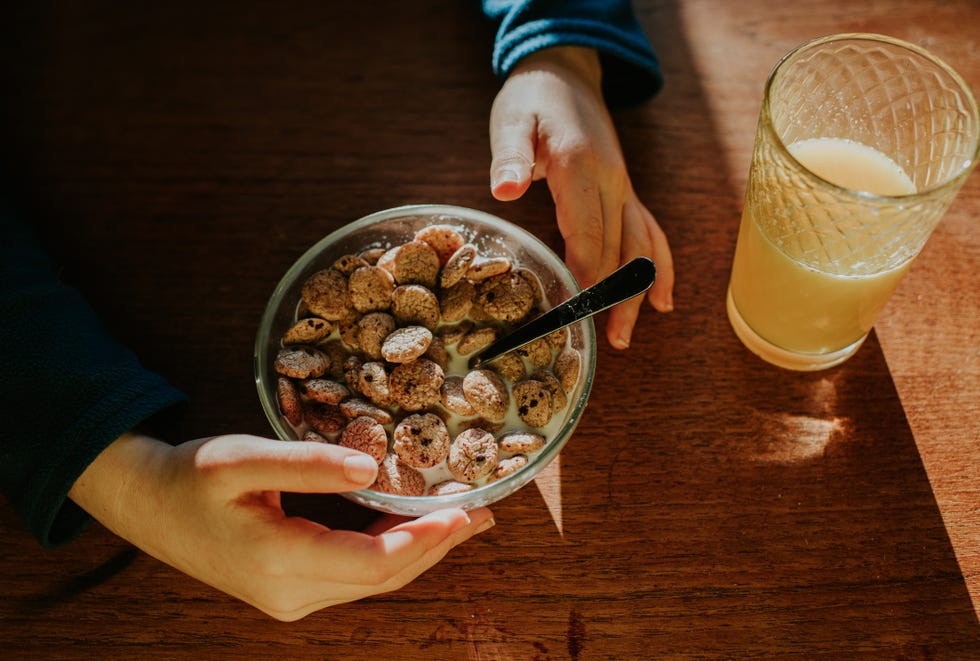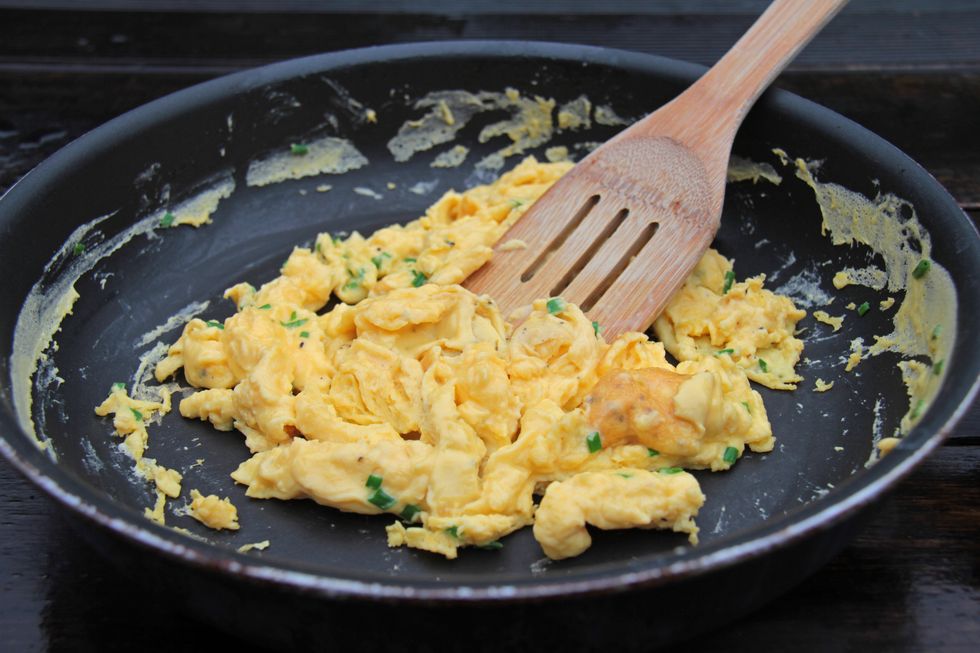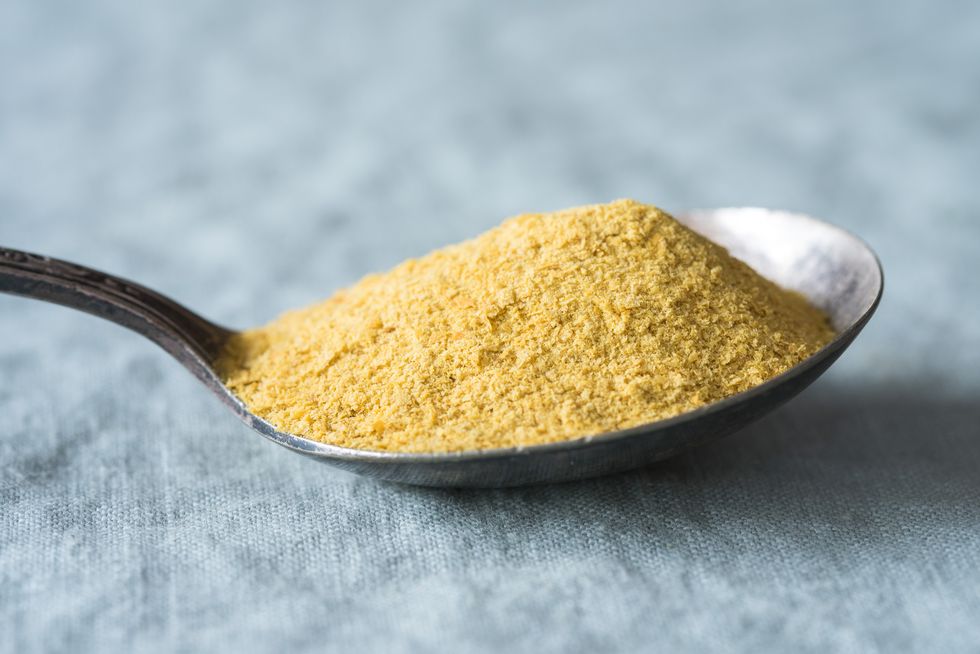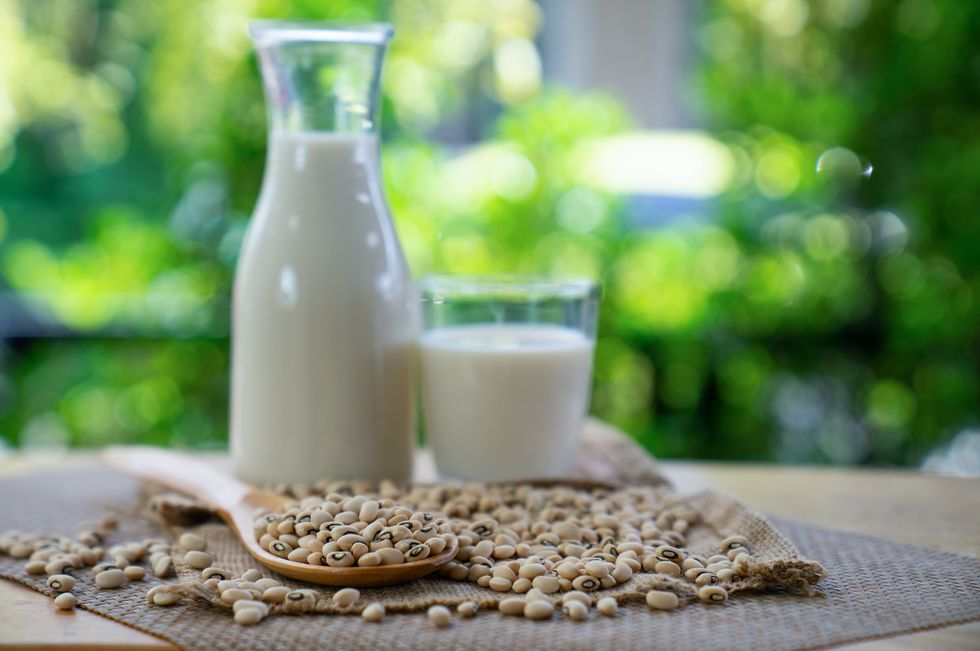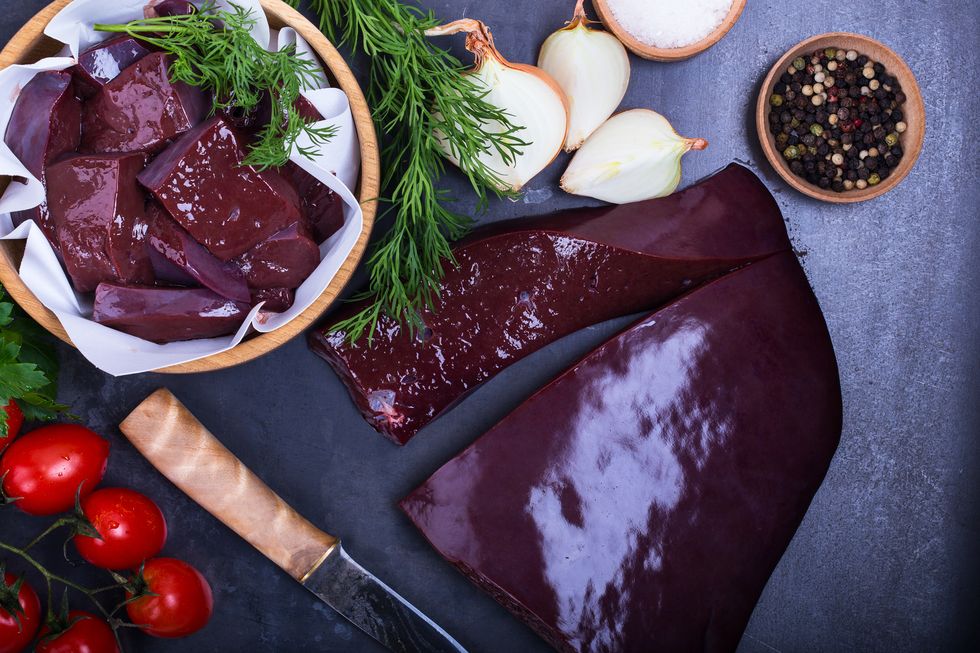Here's What You Need to Know About Vitamin B12
The vitamin is vital to your blood and brain health. Here's how to know if you're getting enough.
IT DOESN'T TAKE a doctor to know that vitamins do the body good.
In fact, you need many to survive.Vitamin B12 is no exception. The vitamin plays a role in several essential body functions, including blood cell development, nerve function, and your cells ability to make energy.
Without B12, things would go downhill—fast. So, how do you know you're getting enough? What foods have B12? Do you need a supplement?
Here's everything you need to know about the vitamin, according to experts.
What Does Vitamin B12 Do?
“The water-soluble vitamin B12, sometimes referred to as cobalamin, is crucial for the development of red blood cells as well as the healthy operation of the brain and neurological system,” says Pallini Winnifred, R.D.N., the in-house dietician for FitDominium.
According to the Mayo Clinic, some cases of dementia and low cognitive ability have been linked to deficiencies in vitamin B12. While B12 deficiency is not super common in the United States, it can have some major effects on our health. It can cause severe weakness, nausea, and numbness.
“Without proper B12 intake one can suffer megaloblastic anemia (large blood cells) which results in decreased energy, and weight loss more severe cases of B12 deficiency can lead to permeate nerve damage,” says Marie Lorraine Johnson, M.S., R.D.N., C.P.T.
Do I Need A Vitamin B12 Supplement?
A basic blood test from your primary care physician should tell you if your B12 levels are sufficient.
Because the vitamin is mostly present in animal products, such as meat, poultry, fish, eggs, and dairy goods, vegans and vegetarians may need supplementation, says Winnifred. Even if you're a picky eater and don't get many of these things in your diet, it might be worth looking into.I
t is a generally safe supplement to take, according to the Mayo Clinic. Even still, talking to your doctor before starting any supplement is always worth the time.
What Foods Have Vitamin B12?
The only place you can find vitamin B12 naturally is in foods from animal origin, such as eggs, seafood, and meat, says Amanda Blechman, R.D., C.D.N., Director of Health and Scientific Affairs at Danone North America.
“However many plant-based foods are now fortified with it, as well,” says Blechman. Good news for the vegetarian and vegan crowds.
One more thing: The recommended daily value of B12 for average healthy adults is 2.4 micrograms per day. If have a partner or friend who pregnant or nursing, they might need a bit more.
Luckily, there's plenty of foods that can help you hit that recommended value. Here's a few.
